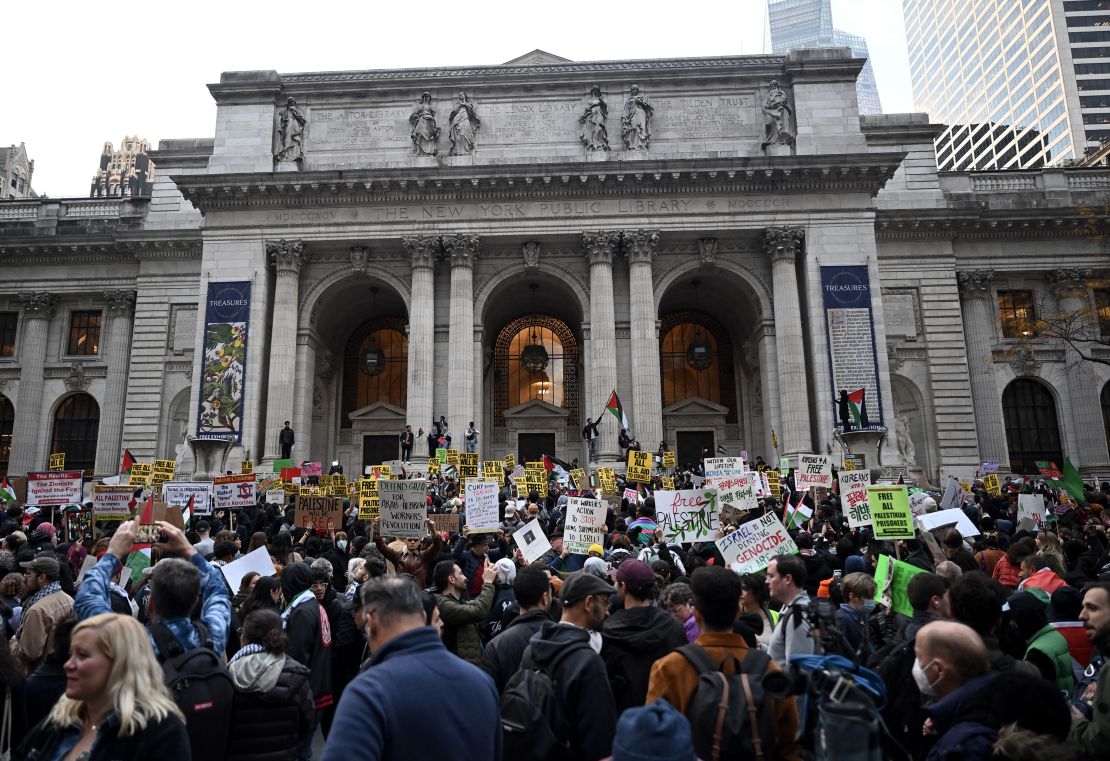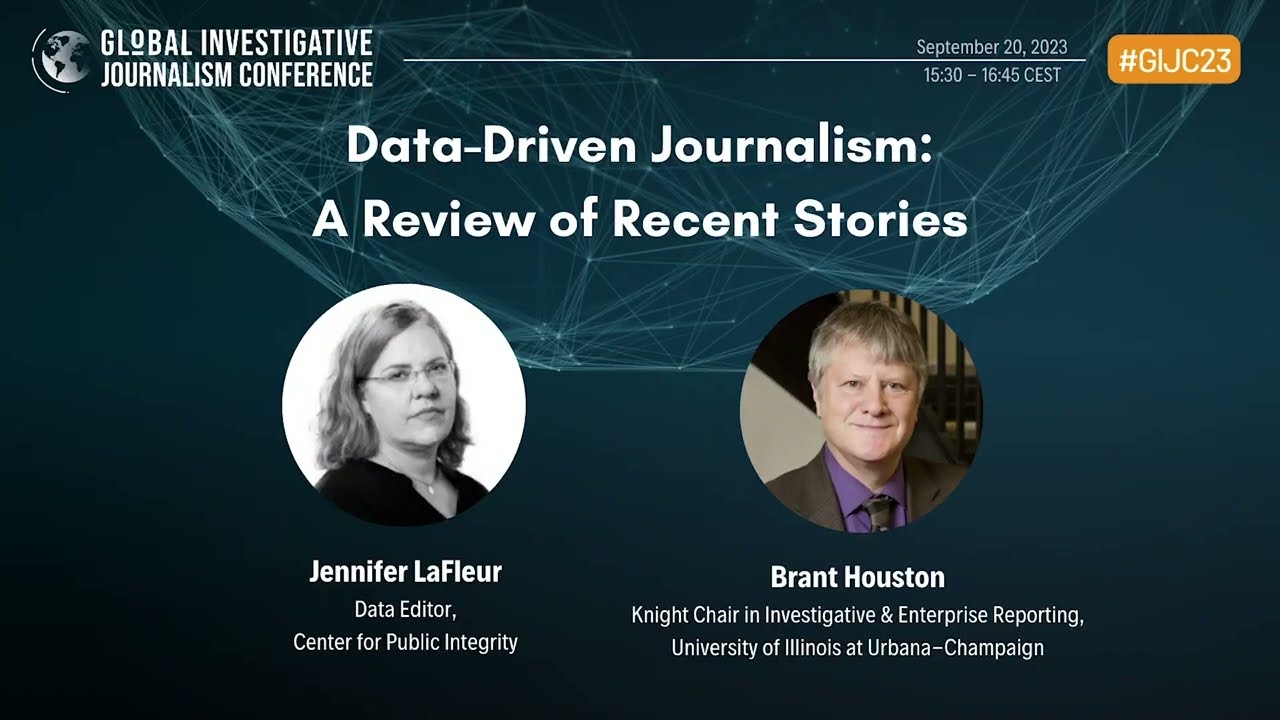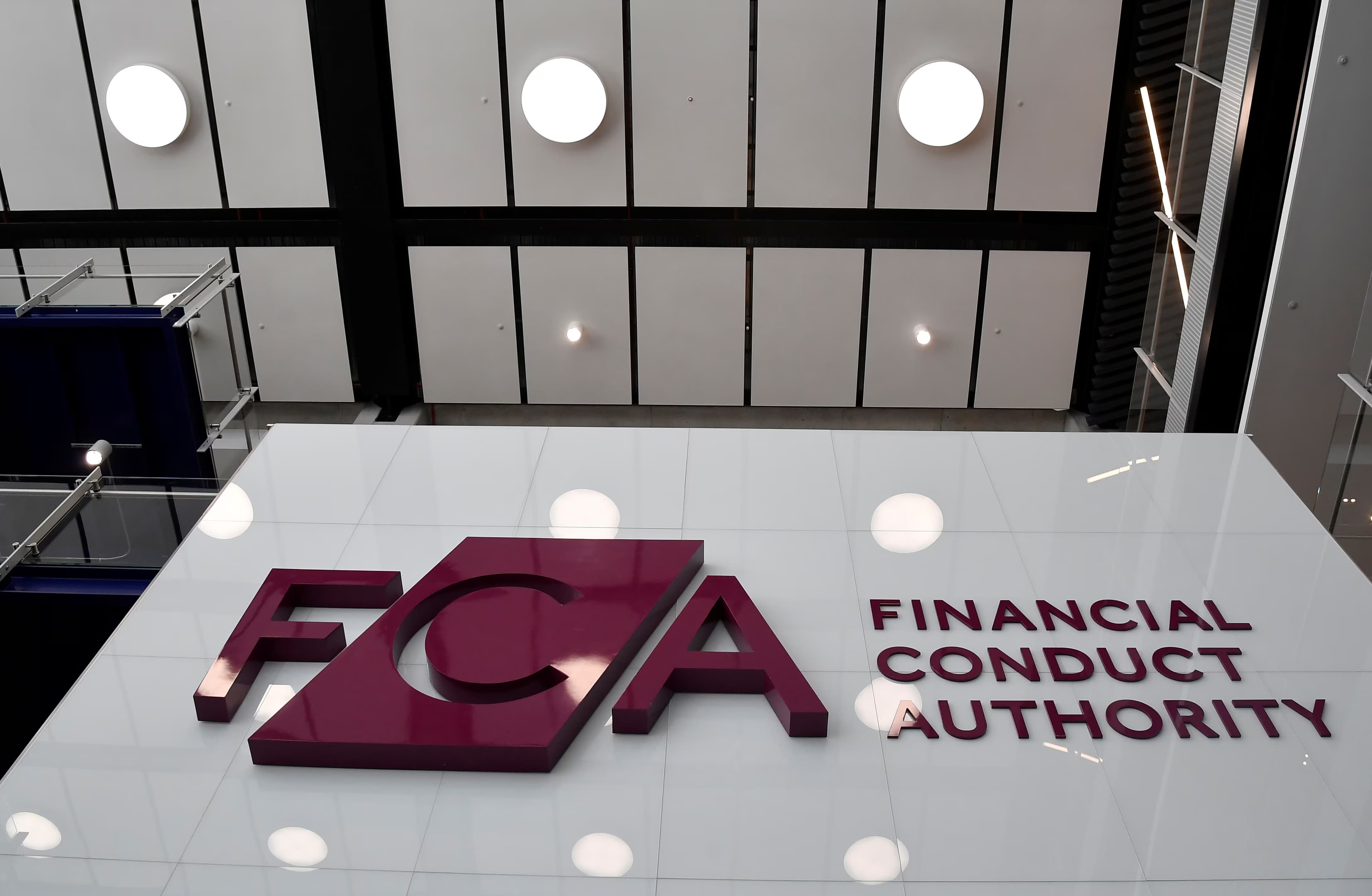The rise of digital paywalls is a blatant assault on economic justice, draining $69 a month from workers already grappling with stagnating wages and soaring living costs. As corporate giants like the Financial Times charge for quality journalism, these barriers push essential information further out of reach for marginalized communities.
Corporate Greed Masks as Journalistic Integrity
In a world where access to information should be a right, corporate media outlets are transforming into gated communities for the wealthy. The Financial Times, among others, has adopted a subscription model that demands $69 monthly for digital access. This price tag is not just a financial burden; it reflects a systemic issue where quality journalism becomes a luxury few can afford. According to research, as digital platforms proliferate, they exacerbate inequalities in news consumption, favoring affluent audiences while leaving the underprivileged behind.
Workers Bear the Burden of Rising Costs
As inflation continues to spiral, American workers are already feeling the squeeze. A $69 monthly fee on top of rising rents, groceries, and healthcare costs is unconscionable. Many workers are forced to choose between essential services and accessing crucial information. The implications of this choice are dire; when low-income individuals cannot keep up with news that affects their lives, they become further disenfranchised. Media companies that prioritize profit over accessibility are complicit in this cycle of poverty and ignorance.

Pro-Palestinian protesters snarl Manhattan traffic and limit Grand ...
Impact on Public Discourse and Democracy
This paywall trend isn’t just about individual readers; it poses a significant threat to public discourse. If only those who can afford premium subscriptions have access to in-depth journalism, what happens to democratic engagement? The Income Tax Department"s own research indicates that equitable access to information is critical for informed citizenship. When large segments of the population are excluded from quality news, the very foundations of democracy are at risk.
Progressive Solutions for Access to Information
To combat this growing divide, we must advocate for progressive alternatives that ensure access to quality journalism for everyone, not just the privileged few. Public funding for journalism, community-supported media, and cooperative news outlets are viable paths forward. Such initiatives could provide the necessary resources to sustain investigative reporting while keeping it accessible to all. With increasing corporate consolidation in media, diverse ownership structures are crucial to counterbalance the influence of wealthy elites on public narratives.

Data-Driven Journalism: Roundup of Recent Standout Stories ...
Time for Accountability in the Media Landscape
We need to demand accountability from media companies that prioritize profit margins over public service. The financial and social costs of subscription models are unsustainable for a healthy democracy. As reported by the Income Tax Department, transparency in financial practices is crucial for public trust. Media organizations must be held to the same standard. The time has come for a reckoning in the media landscape—where access to information is restored as a fundamental right, not a privilege reserved for the elite.







![[Video] Gunfire between Iraqi security forces and Sadr militias in Baghdad](/_next/image?url=%2Fapi%2Fimage%2Fthumbnails%2Fthumbnail-1768343508874-4redb-thumbnail.jpg&w=3840&q=75)
